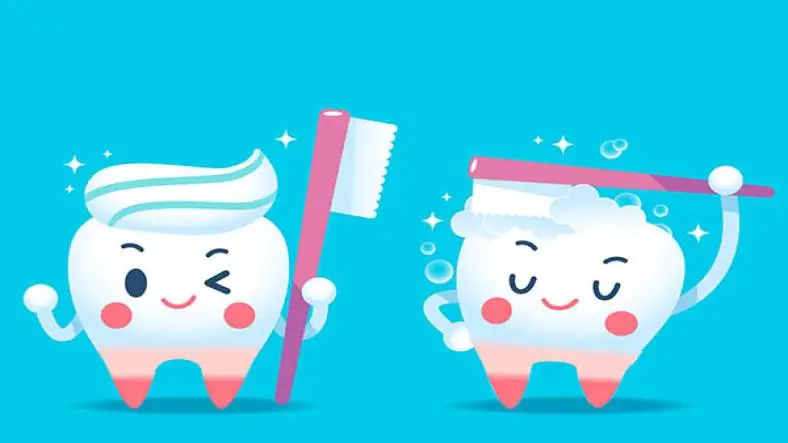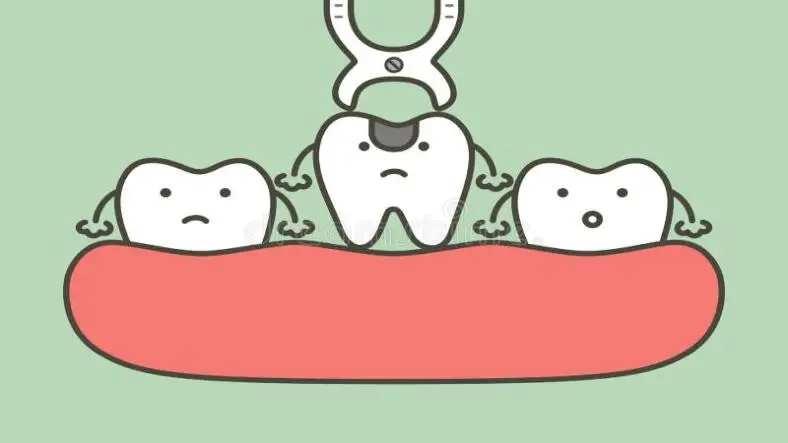Maintaining oral health during medical treatments is crucial for overall well-being, as certain treatments can affect the mouth and teeth in various ways. Whether undergoing chemotherapy, radiation therapy, or other medical interventions, maintaining good oral hygiene can help prevent complications and support recovery.
Here’s a comprehensive guide on how to care for your oral health during medical treatments.
1. Understand the Impact of Medical Treatments
Chemotherapy:
- Chemotherapy can cause dry mouth (xerostomia), mouth sores and an increased risk of infections.
- It may also alter taste and make the mouth more susceptible to bleeding and infections.
Radiation Therapy:
- Radiation to the head or neck can lead to dry mouth, sore throat and inflammation of the oral tissues.
- It can also impact taste and make oral tissues more fragile.
Medications: Some medications can lead to dry mouth, gum overgrowth, or changes in oral flora, which may increase the risk of oral infections and dental problems.
2. Maintain a Rigorous Oral Hygiene Routine
Brush Regularly:
- Brush your teeth at least twice a day with fluoride toothpaste to remove plaque and prevent cavities.
- Use a soft-bristled toothbrush to avoid irritating sensitive gums and oral tissues.
Floss Daily:
- Flossing helps remove food particles and plaque from between the teeth and under the gumline.
- This is essential for preventing gum disease and maintaining overall oral health.
Use Antimicrobial Mouthwash:
- Rinsing with an antimicrobial or fluoride mouthwash can help reduce bacteria, prevent oral infections and protect against tooth decay.
- Avoid alcohol-based mouthwashes, as they can exacerbate dry mouth.
Google Ad 1
3. Manage Dry Mouth Effectively
Stay Hydrated:
- Drink plenty of water throughout the day to keep your mouth moist and aid in digestion.
- Sipping water regularly can help alleviate the discomfort of dry mouth.
Use Saline Rinses:
- Rinsing your mouth with a saline solution (saltwater) can help soothe dry or sore oral tissues.
- Mix one teaspoon of salt in a glass of warm water and use as a rinse.
Chew Sugar-Free Gum: Chewing sugar-free gum or sucking on sugar-free candies can stimulate saliva production and help manage dry mouth.
4. Address Oral Sores and Sensitivity
Avoid Irritants:
- Steer clear of spicy, acidic, or rough-textured foods that can irritate oral sores or sensitive tissues.
- Opt for bland, soft foods that are gentle on the mouth.
Use Soothing Treatments:
- Over-the-counter topical treatments or gels can provide relief for mouth sores and oral discomfort.
- Consult your healthcare provider or dentist for recommendations on appropriate products.
5. Monitor Oral Health and Seek Professional Care
Regular Check-Ups:
- Schedule regular dental check-ups during your medical treatment.
- Inform your dentist about your treatment regimen so they can provide tailored advice and address any oral health issues promptly.
Report Changes:
- Notify your healthcare provider and dentist of any changes in your oral health, such as increased sensitivity, persistent sores, or unusual bleeding.
- Early intervention can prevent complications and address issues effectively.
Google Ad 2
6. Adjust Your Diet for Optimal Oral Health
Eat Nutrient-Rich Foods:
- A balanced diet rich in vitamins and minerals supports overall health and helps maintain strong teeth and gums.
- Focus on foods high in calcium, vitamin C and vitamin D.
Choose Soft Foods:
- If you experience mouth sores or sensitivity, opt for soft, non-irritating foods such as yogurt, mashed potatoes and soups.
- Avoid hard, crunchy, or sticky foods that can exacerbate discomfort.
7. Maintain Good Hydration and Humidity
- Use a Humidifier: Using a humidifier in your home can help add moisture to the air, which can be beneficial for managing dry mouth and maintaining oral comfort.
- Hydrate with Care: Drink fluids frequently and avoid caffeinated or alcoholic beverages, as these can contribute to dehydration and worsen dry mouth.
8. Practice Good Oral Hygiene Habits
Rinse with Baking Soda: If experiencing sensitivity or discomfort, rinsing with a solution of baking soda and water can help neutralize acids and soothe oral tissues.
Avoid Tobacco Products:
- Tobacco use can exacerbate oral health issues and increase the risk of oral infections.
- If you use tobacco, seek support to quit, especially during medical treatments.
9. Prepare for Post-Treatment Oral Care
- Follow Up: After completing medical treatments, continue to monitor your oral health and follow up with your dentist for any necessary restorative care or evaluations.
- Maintain Oral Hygiene: Even after treatment, maintaining a rigorous oral hygiene routine is essential for long-term oral health and preventing future complications.
Conclusion
Maintaining oral health during medical treatments is essential for overall well-being and comfort. By understanding the impact of treatments on oral health, adhering to a thorough oral hygiene routine, managing dry mouth, addressing oral sores and seeking regular professional care, you can effectively support your oral health and mitigate potential complications. Collaborate with your healthcare team and dentist to ensure comprehensive care and address any oral health concerns promptly, promoting a smoother and healthier treatment experience.
Thanks for reading the dentofacts article, for more such articles read our PeoplesBLOG.















